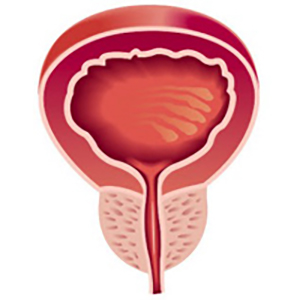Safety profile of treatment with greenlight versus Thulium Laser for benign prostatic hyperplasia

Accepted: December 31, 2022
All claims expressed in this article are solely those of the authors and do not necessarily represent those of their affiliated organizations, or those of the publisher, the editors and the reviewers. Any product that may be evaluated in this article or claim that may be made by its manufacturer is not guaranteed or endorsed by the publisher.
Authors
Objective: The major strengths of surgical treatment of benign prostatic hyperplasia with laser are reduced morbidity compared to endoscopic resection. No studies analysed the different risk of intra/peri-operative events between patients undergoing Thulium and GreenLight procedures.
Materials and methods: We retrospectively reviewed 100 consecutive cases undergoing GreenLight vaporization and Thulium procedures performed during the learning curve of two expert endoscopic surgeons. Pre-operative data, intra and post-operative events at 90 days were analysed.
Results: Patients on antiplatelet/anticoagulant therapy were pre-dominant in the Green group (p < 0.0001). Rates of blood transfusion (p < 0.0038), use of resectoscope (p < 0.0086), and transient stress urinary incontinence were statistically higher in the Thulium group. On the contrary conversions to TURP (p < 0.023) were more frequent in GreenLight patients. Readmissions were more frequently necessary in GreenLight group (24%) vs. Thulium group (26.6%). The overall complication rate in GreenLight and Thulium groups were 31% and 53% respectively; Clavien 3b complications were 13% in Thulium patients versus 1% in GreenLight patients.
Conclusions: GreenLight and Thulium treatments show similar safety profiles. Randomized controlled trial are needed to better clarify the rate of major complications in Thulium group, and the incidence of post-operative storage symptoms in these patients’ populations.
How to Cite

This work is licensed under a Creative Commons Attribution-NonCommercial 4.0 International License.
PAGEPress has chosen to apply the Creative Commons Attribution NonCommercial 4.0 International License (CC BY-NC 4.0) to all manuscripts to be published.

 https://doi.org/10.4081/aiua.2023.11101
https://doi.org/10.4081/aiua.2023.11101



